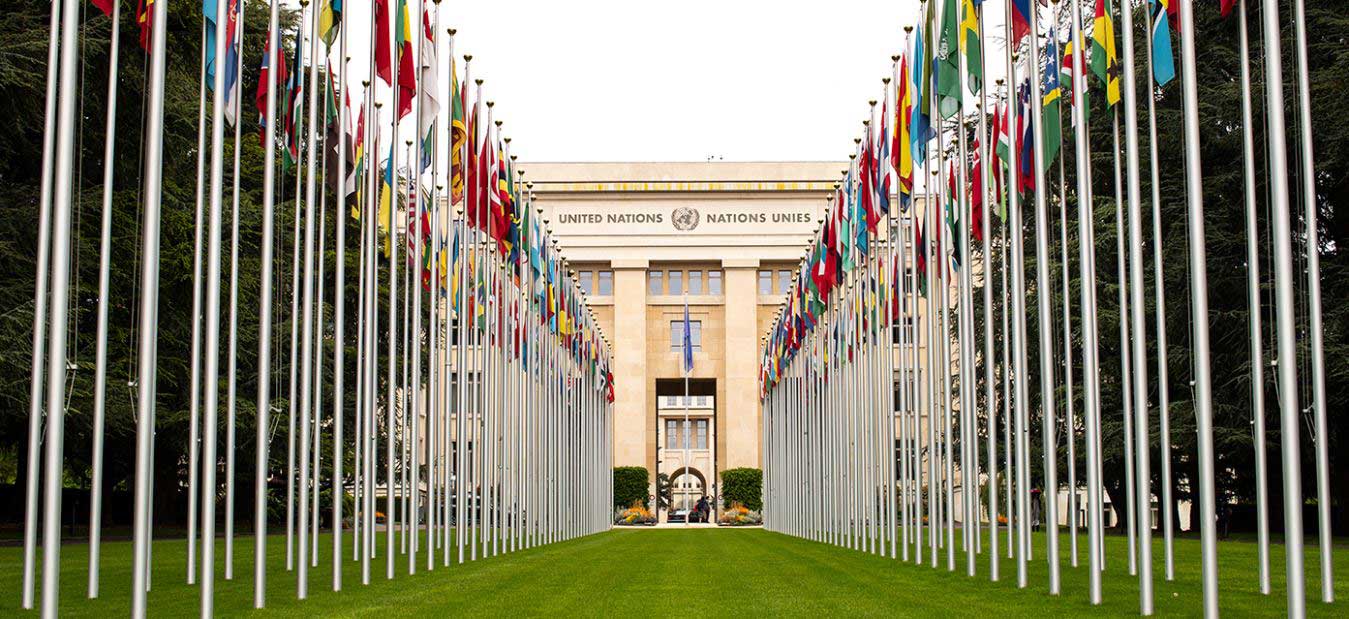Our cents
5
Coffee Chats – Where Collaboration Brews Success

Q Travels: Addis Ababa – A new city under construction
Nestled in the horn of Africa, Ethiopia is a rugged, landlocked country split by the Great Rift Valley. Famous for its long-distance running prowess on the international arena, Ethiopia is a fascinating country rich in culture and tradition. The second most populous country in Africa, Ethiopia has shifted from being one of the poorest countries in the world at the turn of the millennium to becoming one of the fastest-growing economies in the world, within just 20 years.
I had few preconceived ideas on my first trip to Addis Ababa, where I would be working with the principal recipients of the Global Fund to implement dashboards for enhanced grant management. On landing at Abole International Airport, I was met with long winding queues of visitors trying to clear immigration, which would take the best part of an hour. Through into the Arrivals Hall, it was lined from one end to the other with hotel desks, with shuttle drivers and concierges waiting for the never-ending stream of guest arrivals. The hotel industry is vibrant in Addis and during the course of my initial 2-weeks stay it became very evident that this is one of the few industries where foreign investors are allowed to operate, with many international brands operating. All other industries, including telecommunications, financial services and banking, are all local.
Whisked away to one of the oldest and grandest hotels of Addis, sitting atop a hill near the State House and the Royal Palace, I was pleasantly surprised at how short the trip from the airport was. The airport in fact is barely 10 minutes away from the city centre. Convenient for visitors in transit as Addis is one of the main gateways into Africa and out to the rest of the world.
Back at my hotel and from this vantage point I was struck by a skyline littered with seemingly never-ending construction, in all directions. High-rise buildings, all at different stages of completion, are reminiscent of what Dubai must have looked like at its birth. You get the sense that Ethiopia is about to reintroduce itself to the world in a big way! Infrastructure development and housing projects cover the landscape of Addis Ababa. One wonders if there is enough business to fill up these sprawling works of art. The strategy seems to be “go big or go home”, i.e. make it such a phenomenal place that there is a multitude of multinationals, funders and international NGOs scrambling to set up their regional head offices there. Failure could create the biggest museum of white elephants on the African continent. Addis of course already houses the headquarters of the African Union (AU), a major advantage as African leaders of the 55 member nations converge there on annual basis, not to mention the ongoing smaller committee meetings throughout the year. All these present an opportunity for Addis to showcase itself as an attractive investment destination.
Working in Ethiopia proved to be a very interesting experience. Ethiopia is the only country in the world using Amharic and during our workshops the participants would often switch into Amharic for lengthy discussions on an issue before communicating the outcome in English. To add more complexity to our assignment, Ethiopia follows its own calendar, which is approximately seven years and three months behind the Gregorian calendar. Fortunately, Ethiopians are some of the friendliest people on the planet and made a real effort, accommodating us in English and the Gregorian calendar.
Of course, you cannot leave the land of coffee without participating in the traditional coffee drinking ceremony. Being the largest coffee producer in Africa and the fifth-largest producer in the world, it is no surprise that Ethiopians are amongst the largest coffee consumers on the continent. The coffee ceremony is an integral part of the Ethiopian culture. It involves carefully roasting fresh beans in a pan over an open flame. The beans are then ground and boiled in a special vessel before being sieved, ready for drinking. The floor where the partakers sit has loose grass spread over it and one snacks on popcorn or peanuts whilst drinking several rounds of coffee. The coffee ceremony was certainly one of the highlights of my visit and gave me a newfound respect for coffee. To be extended an invitation to a coffee ceremony is considered a mark of friendship or respect.
As I flew back home after this first of several trips to come, I could not help but wonder what the future holds for this city under construction. Who will take up residence in these high-rise buildings as the world moves to working from home? What of the traditional coffee ceremonies? Will the generations to come continue practicing this ancient culture? Only time will tell…
What do you think?

4 Wetmore Close, Highlands, Harare, Zimbabwe
Our Innovative Solutions
© 1999-2024 Q Partnership Management Consultants






